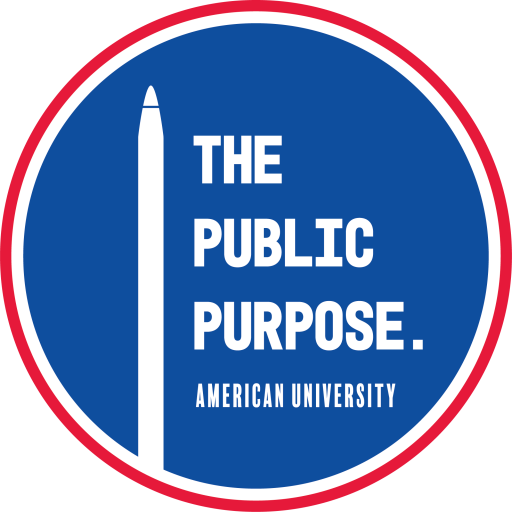In the wake of a tumultuous presidential election, it is important to recognize some of the significant down-ballot electoral efforts. Hundreds of LGBTQ candidates sought office at the local, state, and federal levels this election cycle. The Gay and Lesbian Victory Fund, an organization that works to elect LGBTQ individuals to office, endorsed 135 candidates. Of those 135 individuals, 86 were elected to public office. The candidates sought offices ranging from the Florida Keys Mosquito Commissioner to the US Senate.
LGBTQ politicians have been present in the US political realm for decades, but have recently made a huge resurgence as LGBTQ equality has come to the forefront of policy issues. In 1974, Kathy Kozachenko won a seat on the Ann Arbor, Michigan City Council, becoming the first openly LGBTQ candidate to win an election in the US. Also in 1974, Elaine Noble, a lesbian, was elected to the Massachusetts State House, becoming the first openly LGBTQ individual elected to a state legislature. In 1977, Harvey Milk, a member of the San Francisco Board of Supervisors, became the first LGBTQ politician to be elected to office in California and launched an effort to defeat the Briggs Initiative, which sought to ban openly LGBTQ teachers in public schools. In 1987, Massachusetts Rep. Barney Frank told the Boston Globe he is gay, becoming the second member of Congress to discuss his homosexuality. In 2012, Tammy Baldwin became the first openly LGBTQ Senator in American history, and in 2013, Rep. Kyrsten Sinema became the first openly bisexual member of Congress, while Rep. Mark Takano became the first openly gay person of color elected to Congress.
Many candidates who ran this past election cycle also sought to make history. Denise Juneau ran for Montana’s at-large US Senate seat. Although unsuccessful, Juneau would have been the first LGBTQ member of Congress from Montana and the first Native American member of Congress. Brady Pinero Walkinshaw ran unsuccessfully for Washington state’s district 7 US House seat but would have been the first LGBTQ Latino member of Congress.
Four LGBTQ candidates: Jennifer Webb, Ken Keechl, Carlos Guillermo Smith, and Beth Tuura, ran to serve in the Florida State legislature in an attempt to quintuple LGBTQ representation in the chamber. Ultimately, only Carlos Guillermo Smith won, becoming the first LGBTQ Latino to serve in the Florida legislature. In a major victory, Governor Kate Brown of Oregon was elected and became the nation’s first bisexual governor. In total, the Victory Fund endorsed 6 candidates for Congress, not including Misty Snow of Utah and Misty Plowright of Colorado, who both sought to become the first transgender members of Congress. All eight candidates lost their races, but Snow and Plowright made history by becoming the first transgender candidates to win major party primaries for Congress.
Although LGBTQ Americans won the right to marry in 2015, many states have attempted to curtail LGBTQ rights via bathroom laws, such as North Carolina’s HB 2, which prohibits transgender individuals from using the bathrooms of the gender they identify with. Additionally, some governors, notably former Indiana governor and Vice President elect-Mike Pence, have passed or attempted to pass religious freedom laws, which allow business owners to refuse service to LGBTQ individuals on the basis of religious freedom. In 28 states, LGBTQ individuals can still be fired from their jobs without legal recourse. Only 22 states have laws that prevent LGBTQ individuals from being discriminated against by employers, and unlike race and gender, no federal law protects citizens based on gender identity or sexual orientation. These hurdles highlight the importance of elected LGBTQ officials.
According to a report released by the Victory Fund, LGBTQ representation is crucial in working towards more inclusive and diverse policies for LGBTQ Americans. In states not facing anti-LGBTQ legislation, 85 percent have two or more openly LGBTQ state lawmakers. In states with anti-LGBTQ legislation, nearly 75 percent have only one or no openly LGBTQ legislators. Additionally, 80 percent of states facing religious refusal bills have either one or no openly LGBTQ legislators, and nearly all states with anti-transgender bills have one or no openly LGBTQ legislators.
Aside from the historic wins LGBTQ candidates seek or achieve, every candidacy is important. The increased visibility of LGBTQ candidates this election cycle shows that the fight for LGBTQ rights remains strong and that the election of LGBTQ individuals helps usher in equality one candidate at a time.
Image source: Creative Commons.



0 Comments